One of the most important curiosities is what global warming threatens the natural life of the world. Citizens who want to learn about global warming question what global warming means, what causes global warming, and the consequences of global warming. So, Will Humanity Survive Global Warming? You can find all details with this article on global warming.
Importantly, we will touch upon one of the issues we have encountered more frequently in recent years and in this article, we will talk about the consequences of global warming. In addition, Great danger awaits humanity and the living world, and unfortunately, many of us are not even aware of this danger. It is good to be careful because the future does not give any hope, and if you wish, let us take this great danger in detail.
People wanting to learn the truth about global warming, which is increasingly affecting and many countries are taking serious measures continue to do research. Here are the details of global warming that have been popular recently.
What is Global Warming?
Undoubtly, global warming is the most obvious way; it is the name given to the increase in average temperatures measured on land, sea, and air throughout the world as a result of the greenhouse warming effect, which is thought to be caused mainly by the gases released into the atmosphere.
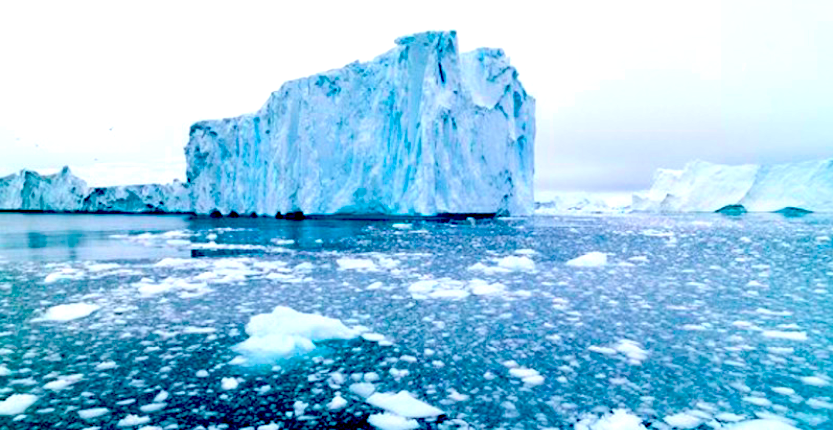
Global warming is the reason why greenhouse gases such as carbon dioxide released into the atmosphere cause an increase in the average temperatures of the earth’s crust and seas. The greenhouse effect is a natural phenomenon, but because of the release of various harmful gases into the atmosphere by humans, the balance is disrupted, leading to an increase in global warming. With this paragraph you will be able to have important and some information about global warming.
Greenhouse Effect
The gases and water spring in the stratosphere layer of the atmosphere maintains the world’s heat balance by creating a natural greenhouse effect. This layer reflects harmful rays from the sun and some of the heat and sends it back into space. The passing rays heat the earth’s crust and the heated air rises again and remains in the atmosphere thanks to the greenhouse gases in the stratosphere. The greenhouse effect in the world is 36-70% water vapor, 9-26% carbon dioxide, 4-9% methane and 3-7% ozone.
If there were no greenhouse gases, the rays from the sun would overheat the world during the day and at night would be freezing cold. Because of the extreme heat, the difference between day and night lives on Earth would end. It is also about carbon offset.
Important Point
Today scientists agree on global warming and latest climate change report. Global warming and greenhouse gases that increase in quantity and intensity in the atmosphere because of their activities such as human industrial, agricultural and energy consumption cause global climate change. These climate changes include drought, desertification, imbalance and deviations in precipitation, floods, typhoon, storms, and hoses and so on. It is manifested by symptoms such as increases in meteorological events.
Global warming is thought to be caused by increased greenhouse warming gases in the atmosphere. Some gases, such as carbon dioxide, water vapor, and methane, are thought to cause the earth to overheat by preventing radiation from the sun on one side and absorbing heat from this radiation on the other as related on this article on global warming.
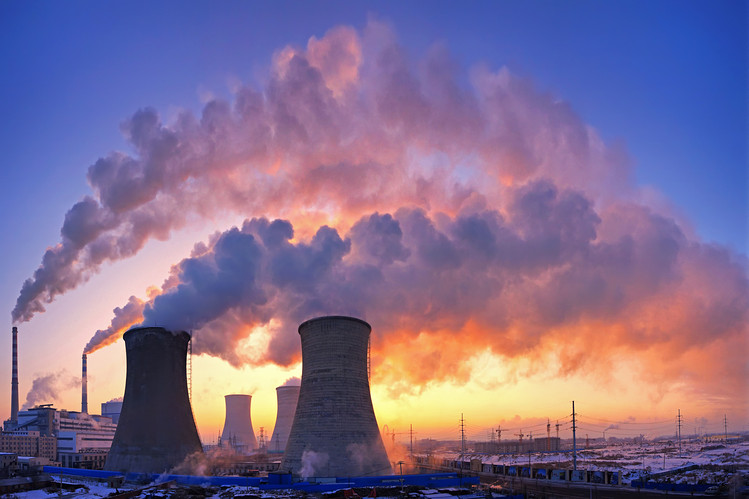
This natural process, which regulates the heat balance and regulates the heat balance, is called the greenhouse effect because the gases in the atmosphere are permeable to incoming solar radiation and, in turn, are much less permeable to long-wave ground radiation released back.
What Causes Global Warming?
The main causes of global climate change; increase in population and related energy consumption, land use, international trade and other human activities such as transportation and the development of the industry. Global warming is the main cause of climate change. This is due to the increase in “greenhouse gases” in the atmosphere. It is known that greenhouse gas emissions increase with human activities. Carbon dioxide (CO2) is the most important greenhouse gas; vehicle exhausts, fuel burned for heating purposes, factory chimneys are released into the atmosphere.
People Cause Global Warming
Industrialization, intensive and unconscious use of cosmetic products and the greenhouse warming effect. We continue to disrupt the balance of nature, and those who pollute the environment will face the problem of global warming in the near future. This will change the balance and even the end of humanity according to some.
We have not been able to gain environmental awareness and it is necessary to remind once again that the most polluting being is people. Nature has a cycle of regeneration in itself, but people are destabilizing because they damage it. We are the biggest reason for this and if we want to continue our lives in a healthier and more beautiful nature, we have to act consciously. It also continuous with climate change and its effects.
Formation of Global Warming
36-70% of the gases causing the greenhouse effect in the world are water vapor, 9-26% carbon dioxide, 4-9% methane and 3-7% Ozone. As a result of the burning of fossil fuels such as oil, coal and natural gas, toxic gases such as carbon dioxide, methane, and nitrogen oxides are emitted into the atmosphere with latest climate change report. These gases increase greenhouse gases in the atmosphere. Therefore, the damaged natural system passes the rays from the sun more and causes the earth to warm up more as the truth about global warming. It also prevents the heat reflected from the earth’s crust to go out of the atmosphere and causes the greenhouse effect to increase. The effect of sere causes global warming by increasing world temperature averages.
Global warming: meteorological temperature records were first kept in 1880. Since then, when the world temperature averages are compared, it is seen that there has been an increase of 0.4 to 0.8 c degrees in recent years. The increase measured in the last twenty years is 0.25 – 0.4 c degrees. According to scientists, the effects of global warming are expected to reach incredible levels in the next hundred years, resulting in an increase in the world average of 1.4 to 5.8 degrees.

Water freezes at 0 ° C and becomes solid ie ice. Increasing the temperature by 0.1 degrees with ice at 0 ° C will melt the ice and turn it into a liquid state. Given this situation, we can get an idea of how small changes in temperature can cause changes in the world as on climate change latest news.
Global Climate Change
These are the climate changes caused by global warming caused by greenhouse gases whose amount and density in the atmosphere increase as a result of their activities such as human industrial, agricultural and energy consumption. These climate changes are manifested by drought, desertification, imbalance, and deviations in precipitation, floods, typhoon, storm, tornado, etc., as well as increased meteorological events.
During the period between 1880 and 2012, the average global surface temperature average global (land and water) surface temperature increased by 0.85 ° c, from 0.65 ° to 1.06 ° c, according to the independently generated datasets. Between 1906 and 2005, the average global surface temperature of the Earth rose by 0.74 ± 0.18 ° C. This rise in temperature was almost double in the second half of the period (0.13 ± 0.03 ° c per decade versus 0.07 ± 0.02 ° c per decade). However, in the context of global warming, he mentions that the average temperature rises in the near-surface atmosphere, since 1970, the additional energy stored in the climate system has been transmitted to the oceans. Climate change and its effects leads to the melting of glaciers, heating of the continents and atmosphere.
According to satellite temperature measurement data, since 1979, the average temperature of the lower troposphere has risen from 0.12 to 0.135 ° c (0.216 and 0.243 ° f) per decade. In the period of one or two thousand years before the 1850s, climate representatives show that the temperature is relatively regular, despite regional fluctuations such as the medieval temperate period and small ice age.
History
Since 1979, the average temperature on land has risen almost twice as fast as the average temperature rises in the oceans (0.25 ° c per decade versus 0.13 ° c per decade) with carbon offset. Ocean temperatures rise slower than land, oceans have more heat capacity and evaporation is due to more heat loss. With the industrial revolution of the 18th century, the temperature difference between the hemispheres of the Earth began to increase with the melting of sea glaciers and snow in the northern hemisphere. From the beginning of the 20th century, the average temperature in the polar regions began to rise about twice as fast as other parts of the Earth. In the northern hemisphere, the absorption of greenhouse gases is higher than in the southern hemisphere, but this does not affect the temperature difference between the hemispheres, as greenhouse gases remain long enough to spread in both hemispheres.
Slow responses to thermal stagnation and other indirect effects in the oceans have led to centuries of adaptation to past changes. According to a study and latest climate change report, even if greenhouse gases were fixed at the level in 2000, surface temperatures would continue to rise by around 0.5 ° c, and if the level was stabilized in 2005, surface heating would increase by more than 1 ° c.
Reasons for Climate Changing
The main causes of global climate change; increase in population and related energy consumption, land use, international trade and other human activities such as transportation and the development of the industry. Global warming is the main cause of climate change. The reason for this is the increase in the “greenhouse gas atmosphere in the atmosphere. It is known that greenhouse gas emissions increase with human activities. This article on global warming shows us that carbon dioxide (CO2) is the most important greenhouse gas; vehicle exhausts, fuel burned for heating purposes, factory chimneys are released into the atmosphere.
Global climate change is an obstacle to efforts to protect human health. Climate change has become an increasing threat to human life. A wide range of health problems due to global climate change has become increasingly common.
This issue, which has an important place in international debates, has been on the agenda of public health professionals for 7-8 years. Efforts to move it to the public agenda have increased recently. Climate change latest news indicates that he health effects of climate change are emerging directly or indirectly.
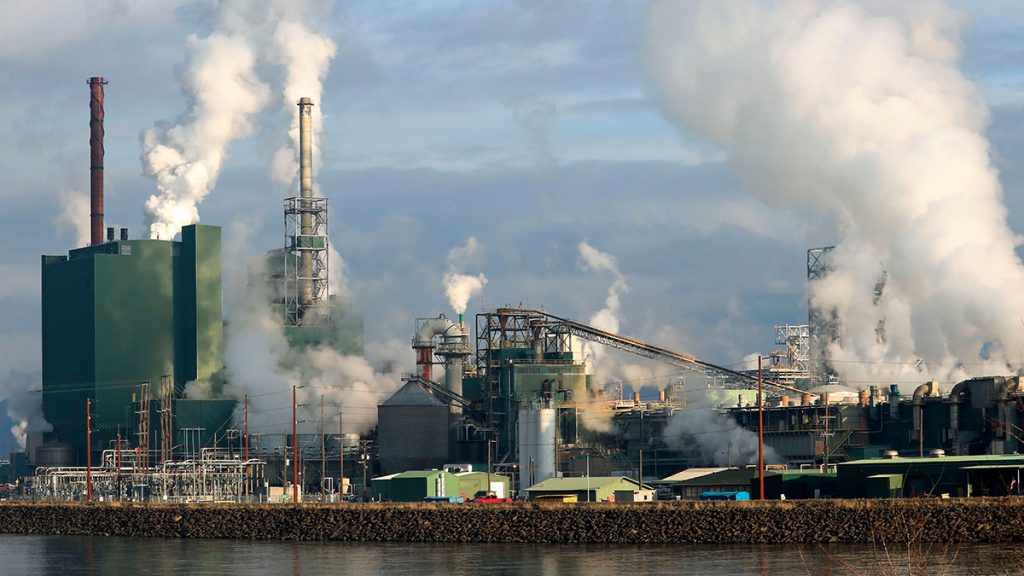
Deaths due to heatwaves and an increase in hospital admissions among direct effects have been shown in studies in many countries. There has been an increase in the frequency and intensity of extreme weather events (floods, storms, etc.). The frequency and severity of such disasters are expected to increase further in the future. Deaths, injuries, infectious diseases, and vector-borne diseases increase due to such disasters; migration, social problems arise.
What Awaits Us?
The level of the seas rises with each passing day and the glaciers are melting. With the turth about global warming, we are sure that the oceans are warming up and expanding… did you know that even in the near future, some cities will be submerged in the long run? This may seem impossible to you, but the predictions and the information provided show this. At the moment, the Netherlands ranks first and it is one of the countries that feel the most danger. A future in which cities are inundated and people will have to migrate to different places is waiting for us. This situation is the cause of us, but it is us again to save ourselves from this situation. That’s why every single person in this world should get some information about global warming
Poles Continue to Melt
The fact that the poles are melting more and more every day affects the cycle negatively. Polar bears are one of the endangered and endangered species.
Due to extreme temperatures, the problem of desertification in terrestrial regions will soon occur and people will have to migrate to different places to live.
Diseases Will Increase
Global warming spreads oil on the bread of some species, and mosquitoes are one of them. The fact that their numbers will increase abnormally is one of the greatest dangers for humanity with some information about global warming.
An increase in the mosquito population means an increase in diseases, which will spread like an epidemic with the reason of climate change and its effects.
What Can We Do?
People do the most harm to this world, but as we stated at the beginning of our article on global warming, we will save us again and there are many things we can do for it. We can start by keeping the environment clean and this can be done not only by throwing garbage but also by picking up garbage thrown to the ground. We need to stop the tree cuts and we continue to lose our most important oxygen sources.
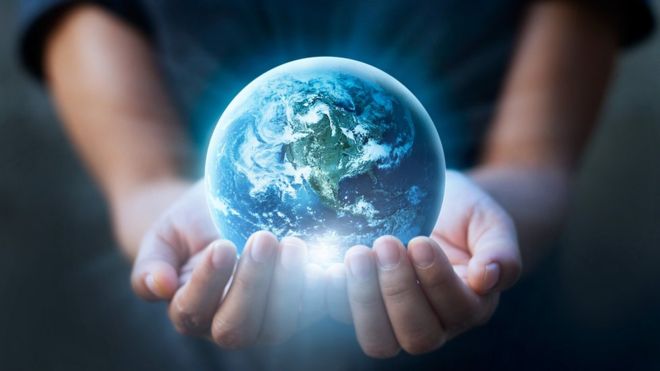
We also need to pay particular attention to the use of cosmetic products, and excessive use is harmful to nature. If we are careful and show the necessary sensitivity, the balance of nature will not be disturbed and everything will be alright especially for carbon offset.
Cigarette smoke, chemical gases, factories and many more … We pollute even the air we breathe and harm not only ourselves but for all the citizens of the world. It is possible to change this order by acting consciously and thus we will leave a world to live for future generations and animals.
What are the consequences of global warming and climate change?
- We have already seen many effects of global warming. Here are the consequences of global warming; Melting of glaciers, increase in rainfall, rainfall, increase in sea level of water, an increase of storm and flood damages, melting of tundra, increase in evaporation and drought.
- Global warming causes climate changes, causing severe hurricanes and floods, and long-term droughts leading to desertification.
- The melting of the glaciers in the poles will cause the coasts to be completely submerged. This will narrow the habitable area in the world.
- Frequent avalanches due to temperature changes in snowy mountains and endangering the surrounding settlements.
- As a result of the rapid depletion of water resources, thirst will start, climate change latest news indicates that.
- Temperature increases cause drought, desertification and forest fires.
- Melting of glaciers
- Increased rainfall
- Seawater level rise
- Increased storm and flood damage
- Melting of the tundra
- Increase in the amount of evaporation
- Drought and desertification.



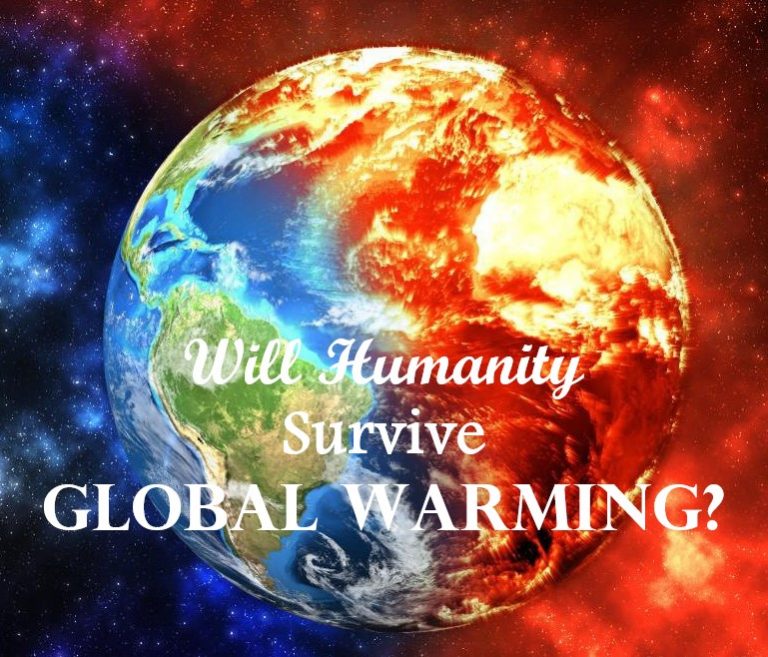
0 Comments